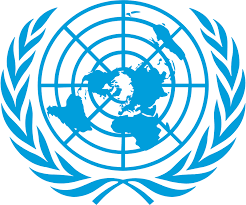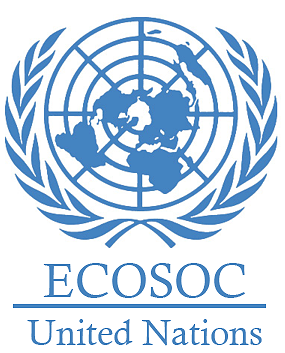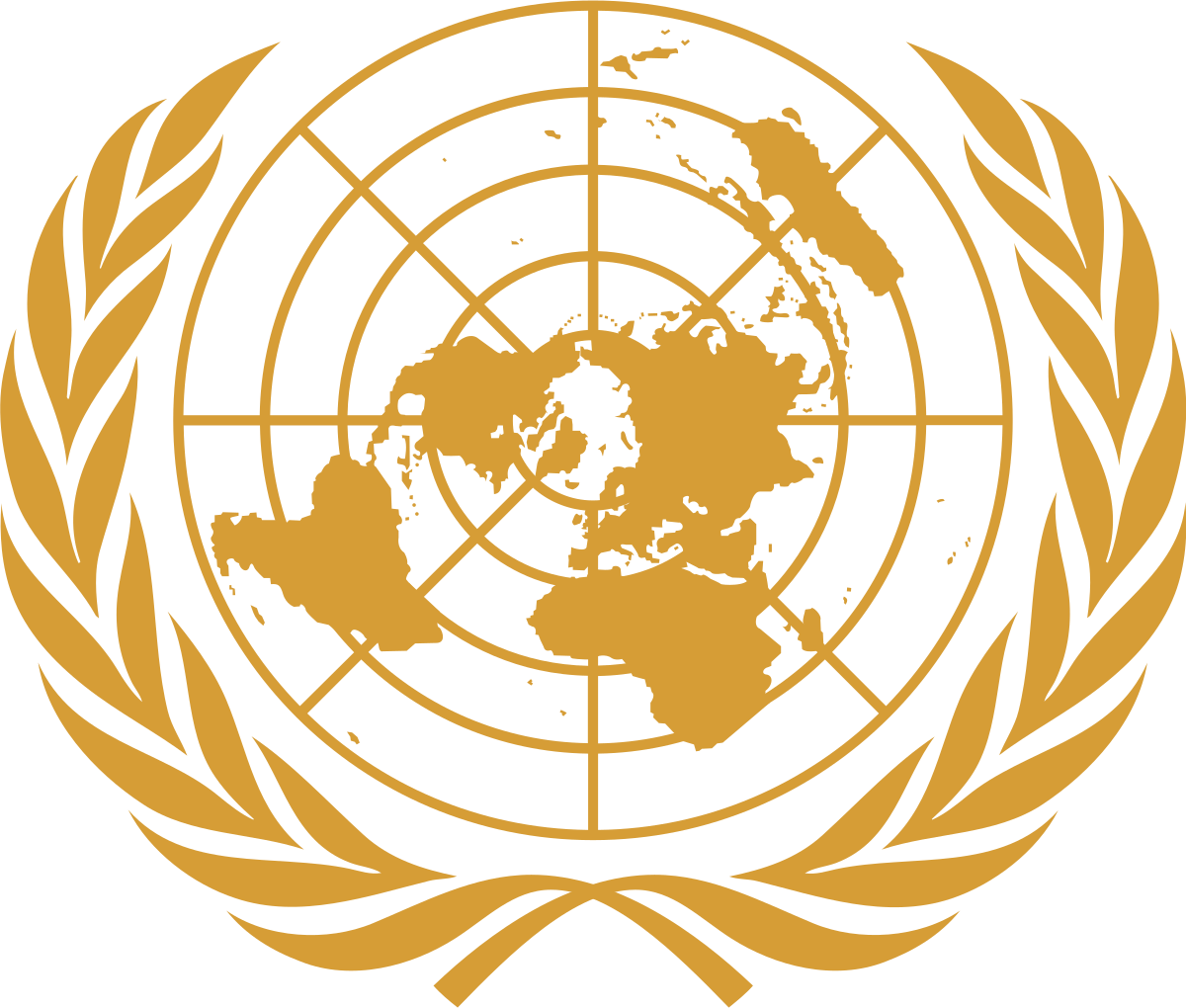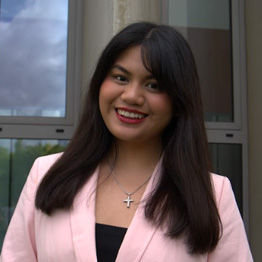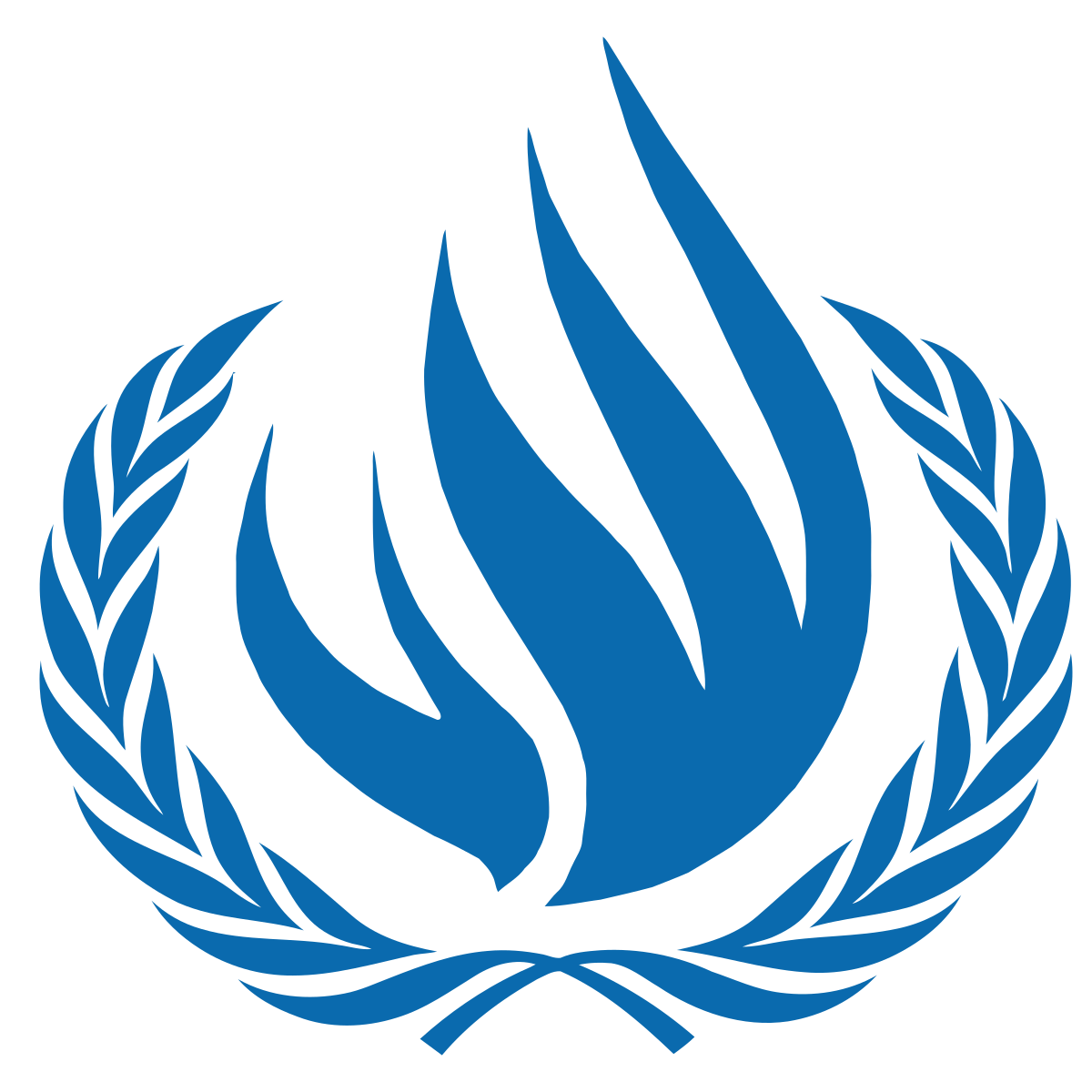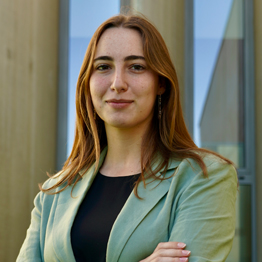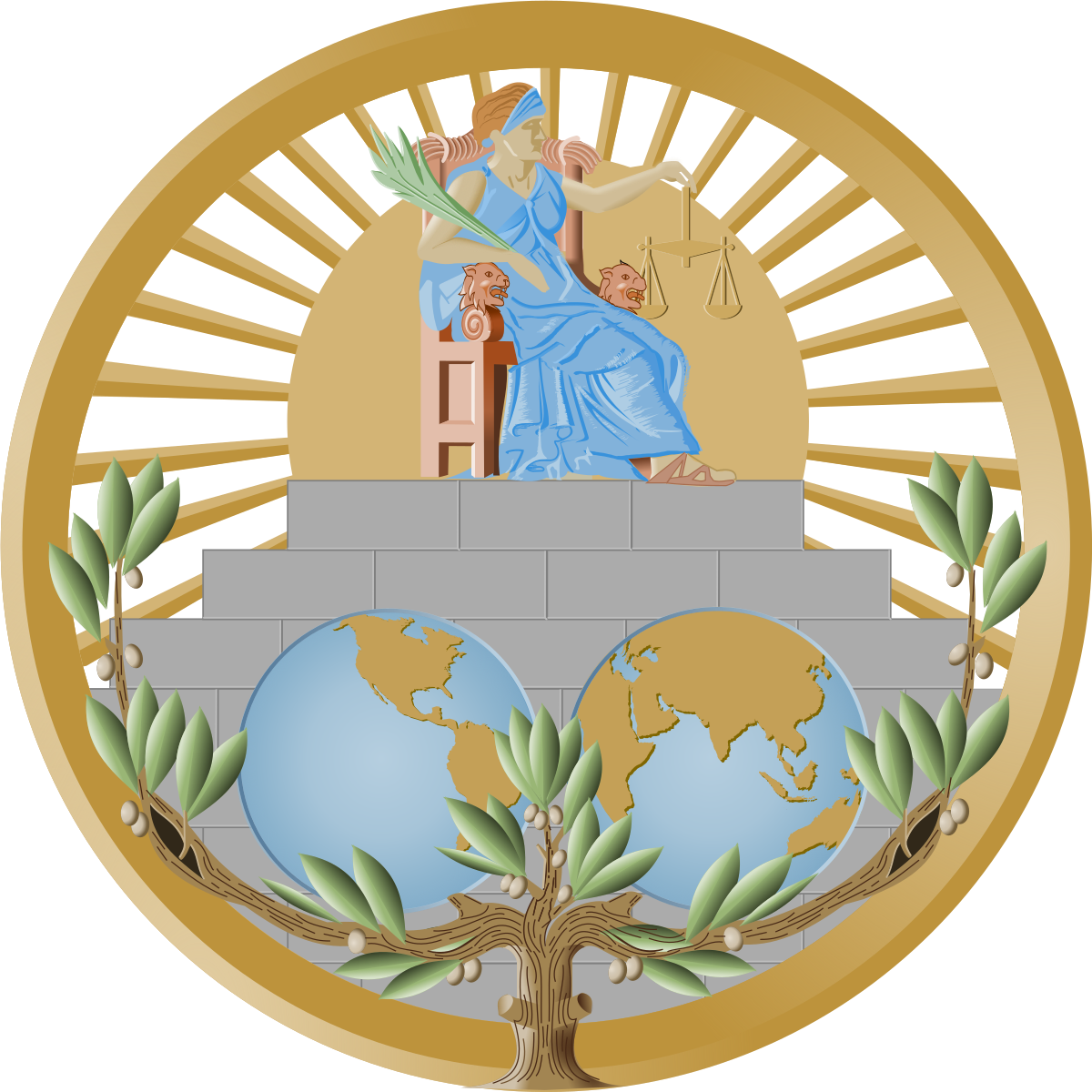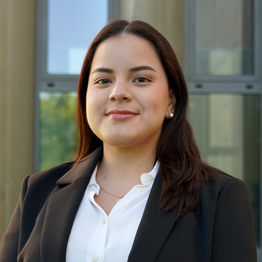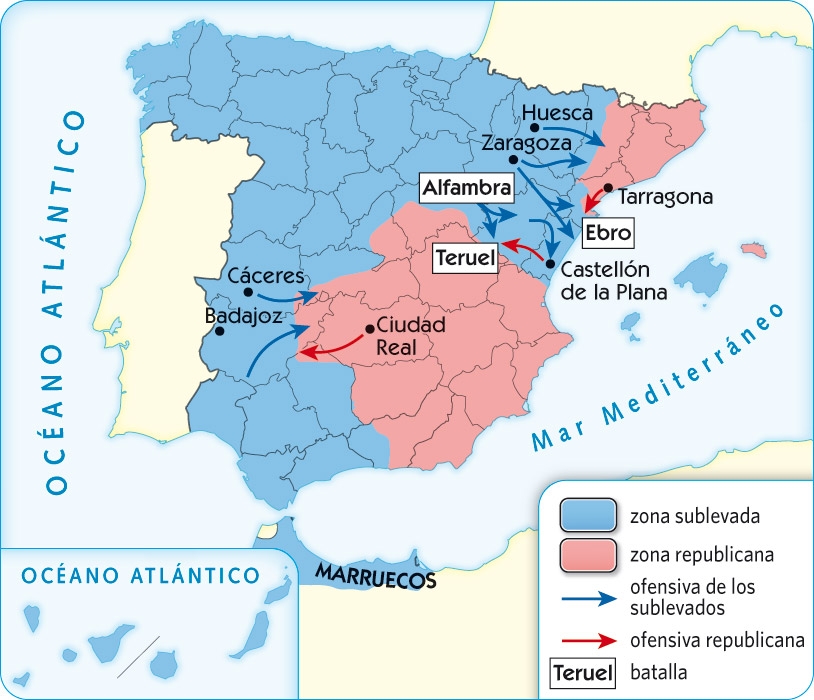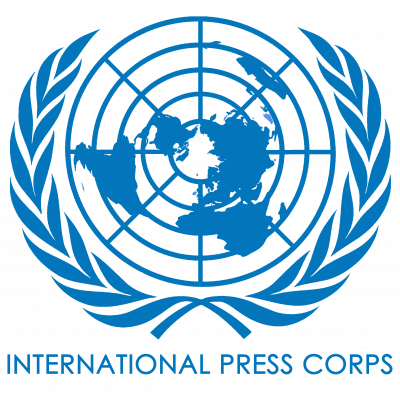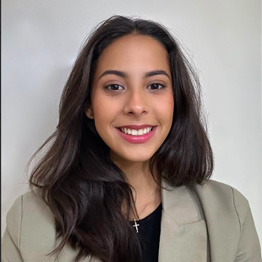COMITÉS EN ESPAÑOL
COMITÉS ESPECIALES
NIVEL: NOVATO
La Asamblea General es el órgano principal y deliberativo de las Naciones Unidas, compuesto por todos los Estados miembros. Su función principal es servir como un foro global para que los países miembros puedan discutir y tomar decisiones sobre una amplia gama de cuestiones internacionales.
En términos más específicos, la Asamblea General despliega varios roles importantes. En primer lugar, actúa como un lugar donde los 193 Estados Miembros, pueden expresar sus varios puntos de vista y preocupaciones sobre asuntos globales, regionales y nacionales, ofreciendo una plataforma para el intercambio de ideas y la presentación de perspectivas diversas. Además, la Asamblea General participa en la adopción de resoluciones y decisiones que pueden cubrir áreas como la paz y la seguridad internacional, el desarrollo sostenible, los derechos humanos y la cooperación económica y cultural.
Temas
Reestructuración del sistema financiero global para reflejar las necesidades y la creciente influencia del sur global
Asegurar la soberanía alimentaria y la resiliencia agrícola frente al cambio climático en el sur global
Temas
Deportaciones masivas y fronteras cerradas: La nueva agenda estadounidense y su impacto en la estabilidad del continente
Promoción de la participación de la sociedad civil en los procesos de la OEA y el fortalecimiento de la diplomacia multilateral
NIVEL: INTERMEDIO
La Organización de los Estados Americanos es el principal foro regional para el diálogo, análisis de políticas y toma de decisiones en asuntos del Hemisferio. La OEA reúne líderes de las naciones de las Américas para abordar temas y oportunidades de la región. Juntos, buscan el fomento de la cooperación entre los Estados y el avance en una agenda regional común en materia de gobernabilidad democrática, derechos humanos, seguridad multidimensional y desarrollo sostenible.
NIVEL: COMITÉ JR
UNICEF (Fondo de las Naciones Unidas para la Infancia) es una agencia de la ONU creada en 1946 y su objetivo es proteger los derechos de la infancia, promoviendo su bienestar y desarrollo en el marco de los objetivos de las Naciones Unidas.
Temas
Combatir el trabajo infantil y la explotación económica de niños y adolescentes en Indonesia y Brasil
Asegurar la inclusión y protección del acceso a la educación para niños con discapacidad
Juan Sebastián Romero
Vicepresidente
Elisa Castillo
Secretaria
Topics
Addressing the Impact of External Debt and Austerity Policies on the Realization of Economic, Social, and Cultural Rights. Study case: Argentina
Ensuring Equitable Access to Digital Public Infrastructure and Emerging Technologies for Inclusive Sustainable Development
NIVEL: INTERMEDIO
The Economic and Social Council (ECOSOC) is one of the six main organs of the United Nations, which was established in 1945 under the Charter of the United Nations. It has the responsibility of promoting international cooperation and development in economic and social grounds globally. With the organ being made up of 54 member states that are elected by the General Assembly for a rotating period of three years, the ECOSOC was a pivotal platform to address multifaceted challenges in the global scale, with the aim of achieving world peace and stability.
In order to successfully fulfill their mission of working for economic and social development, the ECOSOC works with non-governmental organizations (NGOs) to maintain a deep connection and knowledge of the reality and perspective of civil society. The essence of the ECOSOC cannot be exaggerated. It is the anchor of the United Nations’ development structure, fostering the involvement of various specialized agencies, programs, and funding mechanisms in developing policies for the socio-economic challenges being addressed, and the monitoring of the advancement of member nations towards the implementation of the 2030 Agenda for Sustainable Development, which covers the achievement of the Sustainable Development Goals (SDGs), especially in marginalized and economically-challenged communities.
Meet your team
NIVEL: EXPERTO
The United Nations Security Council (UNSC) stands as one of the six principal organs of the United Nations, uniquely entrusted with maintaining global peace and security. This committee plays a pivotal role in decision-making on matters ranging from armed conflicts and humanitarian crises to emerging threats in today's complex geopolitical landscape.
The UNSC's founding in 1945 was a direct response to the grueling lessons of World War II. Its formation, along with the broader United Nations, aimed to prevent future catastrophes by creating a forum for diplomatic dialogue and collective security. The inaugural session of the Security Council on January 17, 1946, marked a historic milestone in international diplomacy and international relations globally.
Topics
Evaluating Ceasefire Violations Along the Line of Control in Kashmir, and Ensuring the Protection of Civilians and the Mandate of UNMOGIP
Addressing Legacy of Nuclear Testing in French Polynesia and the Marshall Islands, and Ensuring Comprehensive Remediation and Justice for Affected Communities
Meet your team
Livia Colantino
Secretary
Topics
Upholding the Principle of Non-Refoulement and Ensuring Durable Solutions for Syrian Refugees in the Aftermath of the Regime Change
Protecting Human Rights in Armed Conflicts Addressing violations of international humanitarian law in Sudan
NIVEL: NOVATO
One of the main international initiatives to safeguard, advance, and promote human rights is the United Nations Human Rights Council (UNHRC). The UNHRC, which was established on March 15, 2006, to replace the United Nations Commission on Human Rights, is a key international organization tasked with addressing breaches of human rights, facilitating dialogue, and developing recommendations to protect equality and human dignity for everyone. The UNHRC is made up of 47 member states that were chosen by the UN General Assembly using a procedure that aims for equitable geographical representation. Members can be reelected after finishing their three-year tenure. By ensuring a variety of viewpoints and a fair representation of the world's regions, this composition strives to increase the legitimacy and efficiency of the council.
The United Nations Human Rights Council is a crucial international organization committed to promoting the fundamental ideals of justice, equality, and human dignity. The council works to promote a society where human rights are respected, safeguarded, and defended for all people, regardless of their background or circumstances, through its numerous procedures, conversations, and recommendations. Despite ongoing obstacles, the council's dedication to these principles is still a glimmer of hope for those who want to see a more fair and compassionate society.
Meet your team
NIVEL: INTERMEDIO
Founded in 1948, WHO is the United Nations agency that connects nations, partners and people to promote health, keep the world safe and serve the vulnerable – so everyone, everywhere can attain the highest level of health.
WHO leads global efforts to expand universal health coverage. We direct and coordinate the world’s response to health emergencies. And we promote healthier lives – from pregnancy care through old age. Our Triple Billion targets outline an ambitious plan for the world to achieve good health for all using science-based policies and programmes.
Topics
Strengthening Research & Development (R&D) capabilities, and promoting equitable technology transfer for health in least developed countries (LDC)
Combating antimicrobial resistance (AMR) in Southeast Asia (the One Health Approach to preserve essential medicines)
Meet your team
Topics
Towards a more equitable global order: Addressing disparities and fostering inclusive growth in the global south
NIVEL: INTERMEDIO
El G20 es el principal foro de cooperación económica internacional, que reúne a las 19 economías más importantes y a la Unión Europea, representando cerca del 80% del PIB mundial y dos tercios de la población del planeta. Su objetivo es la coordinación de políticas para lograr estabilidad económica, crecimiento sostenible y la prevención de crisis, aunque la agenda también incluye otros temas como el comercio, el desarrollo sostenible y el medio ambiente.
Meet your team
Valentina Cornejo
Secretary
NIVEL: COMITÉ JR
The United Nations Office on Drugs and Crime (UNODC) is a United Nations body established in 1997. Its mission is to help create a world safer from drugs, organized crime, corruption, and terrorism. It does this by assisting Member States in their efforts to fight these threats.
Meet your team
Katrina Galeos
President
Akos Angyal
Copresident
Grecia Aguila
Secretary
NIVEL: EXPERTO
Concebida específicamente como un órgano destinado a resolver disputas entre Estados que acepten su jurisdicción (ya sea mediante la firma de su Estatuto o mediante otros métodos como el compromís, el forum prorogatum, etc.), la jurisprudencia de la CIJ ha pasado a conformar una importante fuente de derecho internacional público, como bien establece el artículo 38 de su Estatuto.
Más allá del famoso caso Lotus decidido por su antecesora en 1927, la Corte Internacional ha emitido tanto en la vía contenciosa, vinculando a las partes del juicio (como el caso Nicaragua de 1986 o Nottebohm en 1955) como en la vía consultiva (El muro palestino en 2004 o Armas nucleares en 1996), que, pese a sus evidentes limitaciones (enfocarse solo a los Estados, jurisdicción limitada, imposibilidad de ejecutar las sentencias forzosamente) siguen siendo extensamente citadas en toda norma de derecho internacional.
Con 15 magistrados elegidos tanto por la Asamblea General como por el Consejo de Seguridad, juzgar o estudiar un caso ante la CIJ supone estar ante la corte más prestigiosa del mundo, que solo juzga tras pasar estrictos criterios de admisibilidad, y cuyos fallos son seguidos de cerca por todo el mundo.
Temas
Aplicación de la convención para la prevención y la canción del celito de genocidio en Sudán (Sudán c. Emiratos Árabes Unidos)
Presunto tráfico ilícito de migrantes (Lituania c. Bielorrusia)
Francisco Jeldres
Secretario
NIVEL: EXPERTO
El comité de crisis es una modalidad especial del Modelo de Naciones Unidas que se distingue del resto de comités por una particularidad importante: la urgencia que caracteriza el tema a tratar. En modalidad de crisis, observamos cambios tanto al procedimiento parlamentario, el cual se agiliza considerablemente, como a la capacidad que poseen los delegados para impactar la resolución del conflicto. En crisis no solamente importa el valor de las palabras, sino también que estén respaldadas por acciones.
Este año, el comité de crisis histórico tratará la Guerra Civil Española. En el transcurso de tres días, los delegados representarán diversos bandos y sus intereses en el conflicto que devastó la península ibérica en la segunda mitad de los años treinta. En juego estará la potestad de reescribir el futuro del país; no solo un desenlace potencialmente distinto para la guerra civil, sino también definir cómo encajaría España en el tablero de ajedrez de la política internacional, poco antes del estallido de la Segunda Guerra Mundial.
CÁMARA A
CÁMARA B
BACKROOM
El Cuerpo de Prensa ofrece a los delegados una oportunidad única de adquirir experiencia práctica al informar sobre los procedimientos del comité y elaborar noticias de última hora y artículos destacados. En este rol, cada delegado asumirá la identidad de un medio de comunicación distinto, como la BBC, el New York Times o Al Jazeera. Su tarea será transmitir las perspectivas y puntos de vista de sus respectivas publicaciones. Utilizando una variedad de herramientas, incluidas las redes sociales, los delegados difundirán su trabajo periodístico al público en general.
Durante el transcurso del fin de semana, los delegados llevarán a cabo un trabajo periodístico para así desarrollar artículos que formarán parte de la prensa de UNMUN, representando el papel fundamental que tienen los medios a la hora de documentar y dar forma a las noticias tal como las entendemos hoy. Como periodistas, se les exigirá que cumplan con rigurosos estándares de profesionalismo y sirvan como un puente vital entre quienes ocupan posiciones de autoridad y el público en general. En el caso de conferencias de prensa, los delegados tendrán el desafío de formular preguntas pertinentes y concisas para los participantes del comité, contribuyendo a la creación de informes bien informados.


